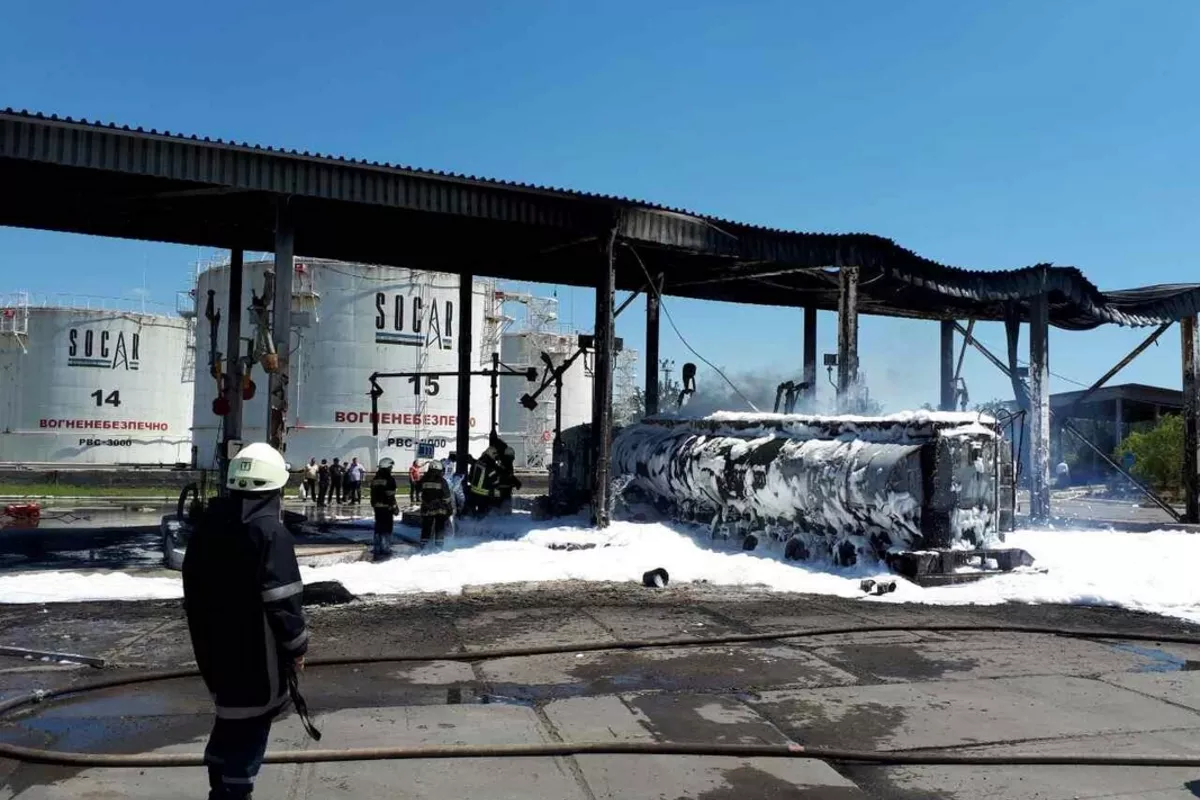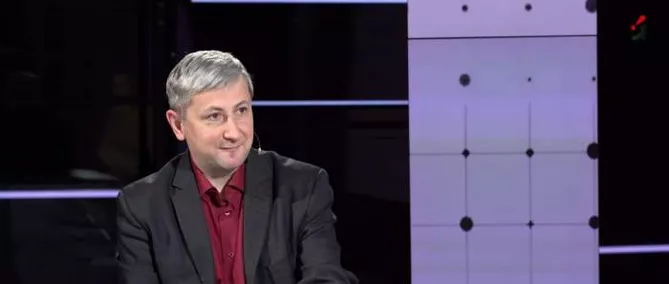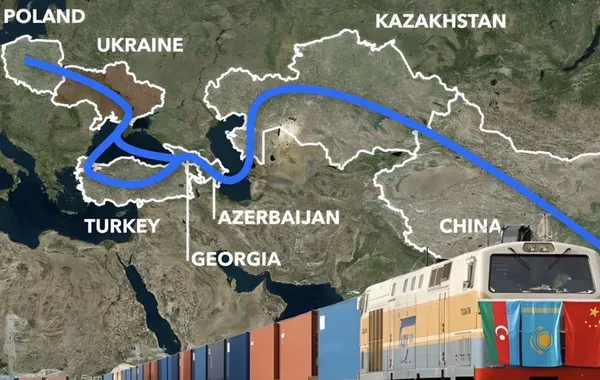
In recent days, a series of Russian drone strikes on infrastructure in Ukraine linked to Azerbaijan’s state oil company SOCAR has drawn sharp attention in both Kyiv and Baku. Two prominent Ukrainian analysts, speaking to The Caspian Post, say these attacks were anything but accidental - describing them as deliberate, politically charged strikes aimed at sending a warning to Azerbaijan. They point to the targeting of SOCAR’s oil depot and gas facilities as part of a broader pattern of pressure from Moscow, linked to growing tensions over Azerbaijani positions on regional issues and its deepening engagement with the United States.
The recent Russian attack on the oil depot of Azerbaijan’s state oil company SOCAR in Ukraine, in which the facility was hit by five Shahed drones, was no accident. This was stated in a comment to The Caspian Post by Oleksandr Leonov, Executive Director of the Center for Applied Political Studies “Penta” and a Ukrainian political analyst.

According to him, the use of as many as five drones against a single target clearly indicates that the strike was aimed specifically at destroying the oil depot.
“This is already the second targeted Russian attack in recent weeks on critical infrastructure in Ukraine linked to Azerbaijan. Earlier, a strike was carried out on the Orlivka gas distribution station, located near the border with Romania. This station is an important part of the Trans-Balkan gas pipeline, through which Azerbaijani gas is planned to be supplied to Ukraine,” Leonov noted.
The expert stressed that Russia’s actions can be seen as deliberate strikes against Azerbaijan-owned oil and gas infrastructure. “Unfortunately, it cannot be ruled out that further attacks on Azerbaijan’s economic assets will follow. Against the backdrop of aggressive statements by Russian propagandists against Baku, this may point to a deliberate expansion of Russian pressure and attacks on Azerbaijani property,” he added.
Russia’s recent drone strikes on facilities of the Azerbaijani state oil company SOCAR in Ukraine were a deliberate political message, rather than random attacks, said Ivan Us, Chief Consultant of the Center for Foreign Policy Research of the National Institute for Strategic Studies (Ukraine), Ph.D. in Economics, in a comment to The Caspian Post.

“Since the start of the full-scale war, especially after Russia began using Shahed drones, Odesa region has frequently been targeted, as it is the largest region in Ukraine by territory and is logistically convenient for Russia to attack from Crimea. However, the nights of October 7 and 8 were different - Russia specifically targeted SOCAR-related infrastructure,” Us noted.
According to him, in Ukraine these attacks are perceived as Moscow’s reaction to recent statements by Azerbaijani President Ilham Aliyev and publications in Azerbaijani media that have openly challenged Russia, particularly on geographical naming issues. “Baku politely but firmly reminded Moscow to use correct place names, such as calling the city Khankendi by its proper name, not Stepanakert. Otherwise, Azerbaijan warned, it could reciprocate by using historical names for Russian cities, such as calling Kaliningrad Königsberg,” the expert said.
He added that tensions were further heightened by the demolition of an illegally installed monument to Aivazovsky and Avanesyan by the Russian side, which was painfully received in Moscow.
“The culmination of this was the White House meeting between President Aliyev and Armenian Prime Minister Nikol Pashinyan, which sent a clear signal that Russia is no longer as welcome in the South Caucasus and that key issues are being resolved without its involvement. The Zangezur Corridor will be implemented without FSB control and possibly with U.S. participation,” Us stressed.
In his view, all this likely prompted Moscow to look for a way to respond without triggering a direct military confrontation with Azerbaijan. “Attacking Azerbaijan itself would mean casus belli - a reason for war - so they chose a more cunning approach, targeting SOCAR’s oil depot in Odesa region for the first time after many attacks in the area. The day before, a SOCAR filling station was also hit. These were not random strikes, but a clear signal of Russia’s discontent, materialized in the damage caused by these attacks,” the Ukrainian analyst concluded.
Share on social media
